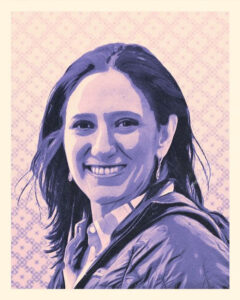SRL Founder’s Note: Your questions about PBS
Founders Note: Congress has voted to end federal funding for PBS… what’s next?
(updated July 18, 2025)
Dear SRL community,
As you’ve seen by now, Congress has voted to cut federal funding for public media, including funds that support PBS News. The entire public media ecosystem, of which we are a part, is facing serious threats. Long-standing education programs are being cut, including youth media and teacher training. It is heartbreaking to see the devastating and immediate impact on so many important and effective programs for children, parents, students and educators.
In April, I sent out a note addressing SRL’s funding and questions we’ve heard from the community. Here are updates based on what we know so far:
- How will the federal funding changes impact Student Reporting Labs? Student Reporting Labs will continue to serve students and teachers through our regular programs. The full impacts of federal funding changes to the public media system as a whole are not yet known; the Student Reporting Labs team may need to scale back or adapt some of our program elements, or shift priorities as we learn more. Most of Student Reporting Labs’ funding comes from non-federal foundation grants and, critically, individual supporters. You can help secure the program’s future by donating and sharing that link with your network.
- We are part of the larger public media system that meets local educational, informational, and emergency communications needs, and depends in part on public funding to do that work. The loss of taxpayer support will hit every PBS and NPR station, particularly smaller and rural local stations that get a larger share of their funds from the Corporation for Public Broadcasting (CPB). CPB was created by Congress through the Public Broadcasting Act in 1967 (more on that history here) because, as Congress then asserted, “it is in the public interest to encourage the growth and development of public radio and television broadcasting, including the use of such media for instructional, educational, and cultural purposes.”
- PBS stands for the Public Broadcasting Service, a non-profit, non-commercial, American corporation that distributes programming to its over 350 local member public television stations across the country, offering free educational, cultural, and local news content. Find and support your local station here.
- Founded in 2009, PBS News Student Reporting Labs is a project of PBS News, which is a part of the DC-area local PBS station, WETA. PBS News is one of the nation’s most trusted news sources, providing intelligent, balanced and in-depth reporting on the most important domestic and international issues of the day.
SRL was founded on the premise that some stories are best told by young people. This is especially true in this moment of rapid change and disruption. Teens have important perspectives, experiences, and insights that help newsrooms tell more nuanced and complete stories about issues uniquely impacting students, from education and the economy to immigration and mental health. And with so many people purposefully avoiding the news these days, we work every day to build trust in public media and awareness of how issues affect individuals.
In this challenging time, we’re leaning in to perseverance and service rather than despair. SRL’s values and mission are steadfast: listening, curiosity, intentionality, respect, equity, collaboration, representation, and a vision of a world where young people’s voices are heard and valued, and free expression meets journalistic integrity.
My door is always open, so please send your concerns, suggestions, and wild ideas so that we can continue to effectively meet the needs of those we are honored to serve. And if you are so inspired, please consider supporting Student Reporting Labs, PBS News, and your local public media stations. More than ever, public media’s future depends on viewers like you.
In gratitude,
Leah

Leah Clapman created Student Reporting Labs (SRL) as an experiment to engage middle and high school students with current events and reimagine public media for young people. Under her leadership, SRL has grown to include a network of over 10,000 educators in all 50 states bolstered by collaborations with local and national media organizations, civics efforts, and youth education initiatives.






